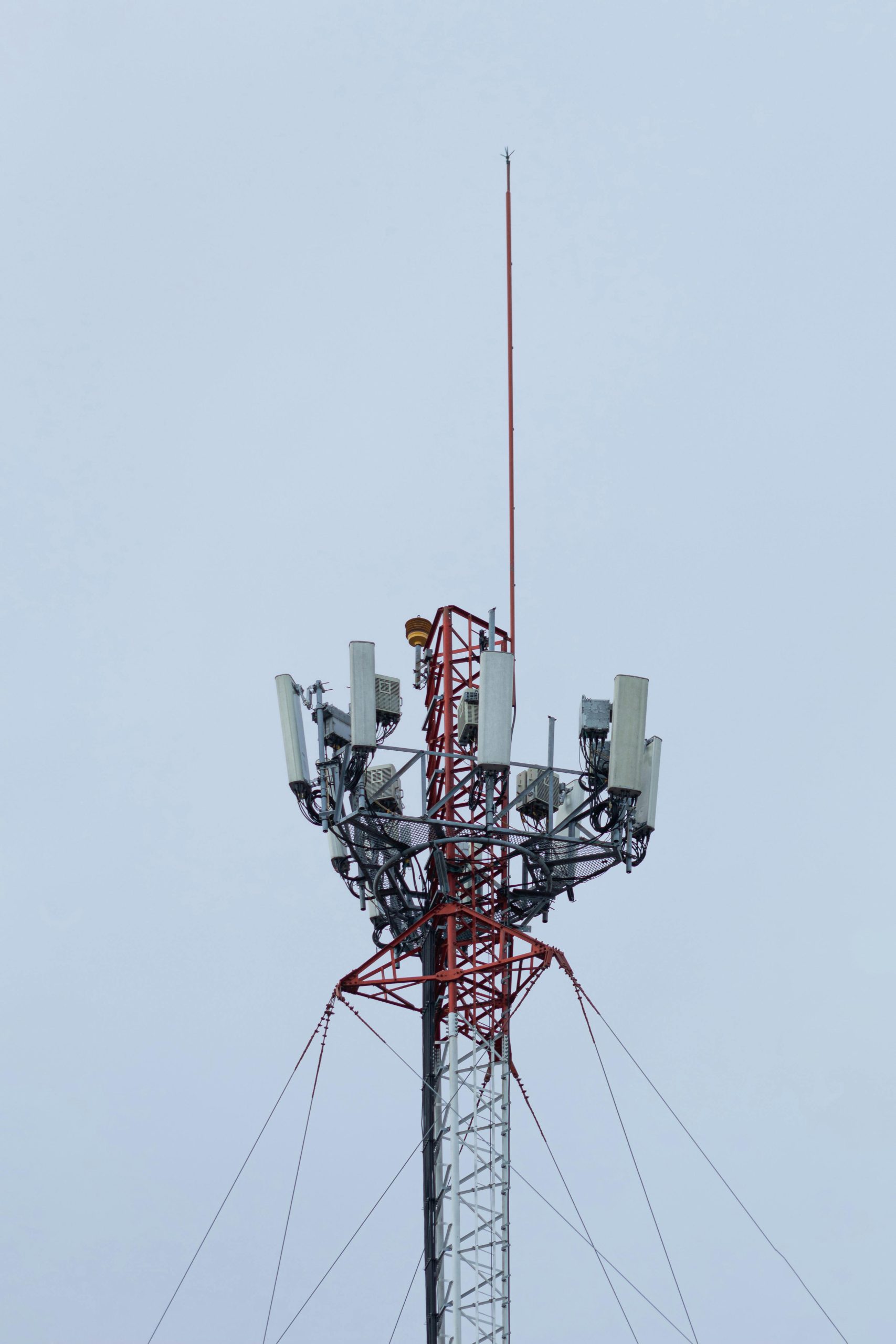Growing up in the 2000s, I remember watching movies like Spy Kids, which had self-driving cars, intelligent talking robots, and people making video calls.
It seems the movies weren’t just fiction after all. These Hollywood prophets were telling us what to expect, and they were right!
We are about to see self-driving cars, talking robots (we’ve already seen these), and hologram telephone calls—crazy, right? I just wonder what else they’ll pull from the movies. Robots overthrowing humans and taking over the earth? I don’t want to be alive when that happens!
But before that, let’s see how the adoption of the 5G network is going to affect your interaction with customer care representatives, besides bringing sci-fi tech to life. But before that let’s see how the Adoption of the 5G network is going to affect your interaction with your customer care representative besides breathing life into sci-fi tech.
The fifth generation of technology for broadband cellular networks is what is known as 5G
As its name suggests, there have been 4 generations of similar networks preceding it, with 4G being the most widespread in Kenya at the moment. Follow me closely.
In the beginning, telephone answering services used regular landlines, where people answered calls and passed on messages.
As technology improved, answering services became more digital, however. This made it possible for automated answering services, voicemail systems, and interactive voice response systems. Besides, businesses can handle more calls and make their customer support easier because of these improvements. This made them more effective and flexible.
Even now, traditional telephone answering services still have a hard time responding quickly and easily despite the giant leaps we have taken in technology.
Businesses still want to help customers quickly and the same old challenges persist – they have to wait for calls, they don’t have instant messaging, and old technology
Perhaps an illustration will bring this out better

So what is so special about 5G connectivity?
5G provides 100 times higher internet rates and reduced latency than 4G. Latency is the delay that users experience before the data transfer commences. It can also accommodate one million devices per km², whereas 4G is limited to 100,000.
In a nutshell, with a 5G network, more customers are served within a given region with the network speeds being off the charts. So how will this impact on call centers?
One, agents will find it easier to get customer information seamlessly – you can quickly get information on a customer when they call in, such as which products they currently use and if they’ve called in previously. With time, video conferencing with extremely high-quality 4K resolution will become the new standard. They will connect with customers and put a face to the voice and your support reps can much better articulate and explain how to overcome obstacles customers may face.
Secondly, with the 5G connection in place, you need not have a centralized place for operations. This is because whereas 5G accommodates more customers on a network in a given area, (around one million per square), with average speeds up to 5 times faster than 4G, your agents will have a reliable and strong connection anywhere 5G is available, and thus be able to work from places of choice.
Perhaps the most significant gain from this would be the improved quality of calls, which is already being experienced in some regions. Now, with the implantation of the 5G network, call centers are going to handle enormous volumes of calls at a given time -we are looking at a customer base of a million users per sq. kilometer- volumes that a 4G connection can’t handle.
However, with this new network in place, Network uptime will be drastically increased, which can mean fewer dropped calls for those using VoIP to handle their calls. Fewer dropped calls lead to more positive customer experiences. I think we all love good customer experiences, don’t we?
There are, however, hurdles to hop over if this dream is to see the light of day, security concerns (IoT vulnerability and Privacy concerns) being the greatest issue here therefore the increased connectivity and data transmission demand robust cyber security measures to protect customer data and comply with industry and government regulations.
The future of call centers with 5G is incredibly exciting. Imagine getting instant, seamless service every time you call! This shift promises to make customer service faster and more satisfying, bringing the sci-fi vision of easy, instant communication into our daily lives.
Sure, there are challenges, especially around security, but the potential benefits are huge. We’re about to see a real transformation in how we connect with businesses and get the help we need. Tomorrow’s looking pretty amazing, don’t you think?




















+ There are no comments
Add yours